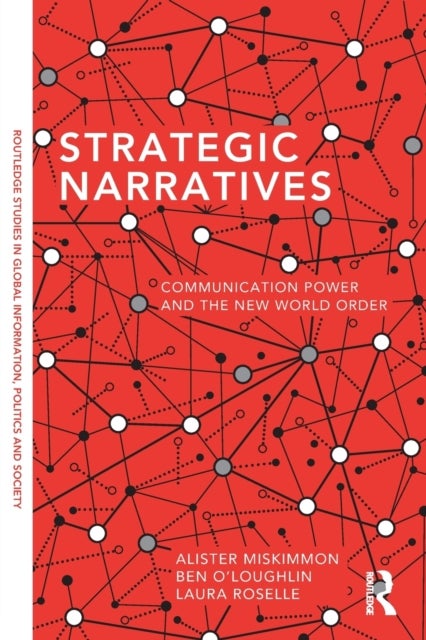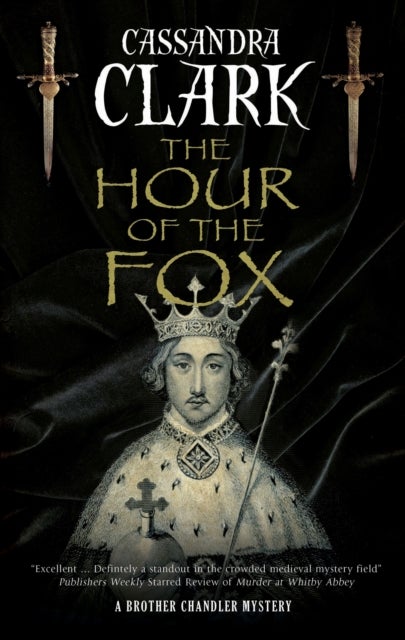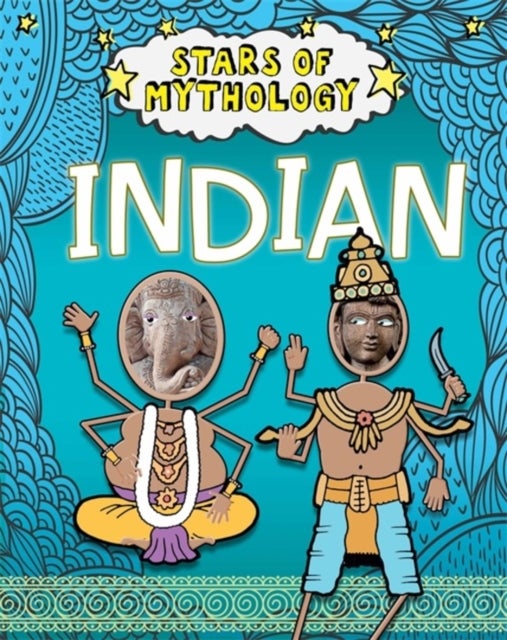
Strategic Narratives av Alister (Queen's University Belfast UK.) Miskimmon, Laura Roselle, Ben O'Loughlin
499,-
<P>Communication is central to how we understand international affairs. Political leaders, diplomats, and citizens recognize that communication shapes global politics. This has only been amplified in a new media environment characterized by Internet access to information, social media, and the transformation of who can communicate and how. Soft power, public diplomacy 2.0, network power ¿ scholars and policymakers are concerned with understanding what is happening. </P><P>This book is the first to develop a systematic framework to understand how political actors seek to shape order through narrative projection in this new environment. To explain the changing world order ¿ the rise of the BRICS, the dilemmas of climate change, poverty and terrorism, the intractability of conflict ¿ the authors explore how actors form and project narratives and how third parties interpret and interact with these narratives. The concept of strategic narrative draws together the most salient of internation








